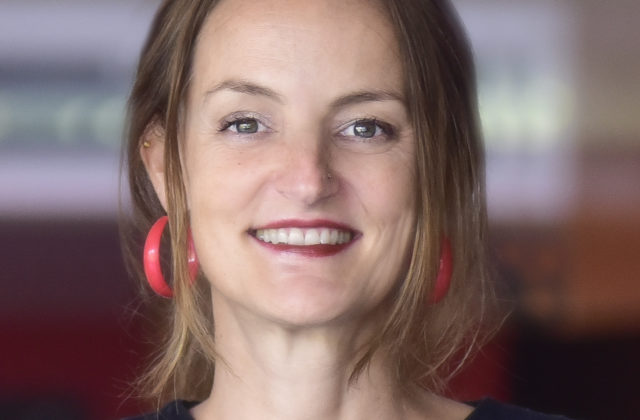Detecting, Diagnosing and Excluding: What Happens Next for People with Illness and Disability?
Research Question
This is an institutional ethnographic analysis starting in the experiences that people with chronic illness and developmental or genetic difference have with “medical inadmissibility” in Canadian immigration law. This is a decision-making process involving practices organized to detect, diagnose, and exclude such persons because of assumptions made about their health status. How to resolve barriers for the betterment of individuals, families, and society?
Project Description
If the late Stephen Hawking had wanted to settle in Canada, he would likely have been denied because he was disabled. Federal immigration law excludes people with chronic illness and developmental or genetic difference from permanently settling on health grounds, referred to as medical inadmissibility. Rhetorically, the immigration system is understood to enable immigrants to create a good life in Canada. Elided from this interpretation are the lives that people lead after they are rejected for residency, or what their lives end up being about. The focus is on people’s return to and readjustment in their home or another country, which is a unique avenue of investigation in Canada. I will produce an ethnography starting within the circumstances and aftermath of exclusion for such would-be immigrants.
Fellow Laura Bisaillon introduces her research on medical inadmissibility and the process of Othering in the current immigration process in Canada
Selected Publications
Bisaillon, L. Screening and Screaming in Exile: Medical Examination and the Immigration Health Work Done by of People with HIV/AIDS. Vancouver: University of British Columbia Press (under review)
Bisaillon, L., Khosravi, M., Jahandoost, B., and Briskman, L. “Clever COVID-19, Clever Citizens-98: Reflections from Tehran, Toronto and Sydney.” Journal of Bioethical Inquiry, Special Issue: COVID-19 doi.org/10.1007/s11673-020-10032-9
Bisaillon, L., Cattapan, A., Driessen, A., van Duin, E., Anton, L., Spruit, S., and Jecker, N. (2020). “Doing Academia Differently: ‘I Needed Self-help Less Than I Needed a Fair Society’.” Feminist Studies, 46(1): 130-157.
Bisaillon, L., Hassan, M., and Hassan, M. (2020). “Being from a Bad Neighbourhood: Confronting Bad Decision Discourses in the Impoverished Inner City.” Imaginations: Journal of Cross-Cultural Image Studies, 10(2): 221-274.
Bisaillon, L., and Ells, C. (2014). “When Doctoring is not About Doctoring: An Ethical Analysis of Practices Associated with Canadian Immigration HIV Testing.” Public Health Ethics 7(3): 287-297.
What barriers do people with illness and disability face when they want to immigrate to Canada permanently? In the NIAS Pop-Up Lecture ‘Screening Out’ fellow Laura Bisaillon critically investigates Canadian immigration law.
